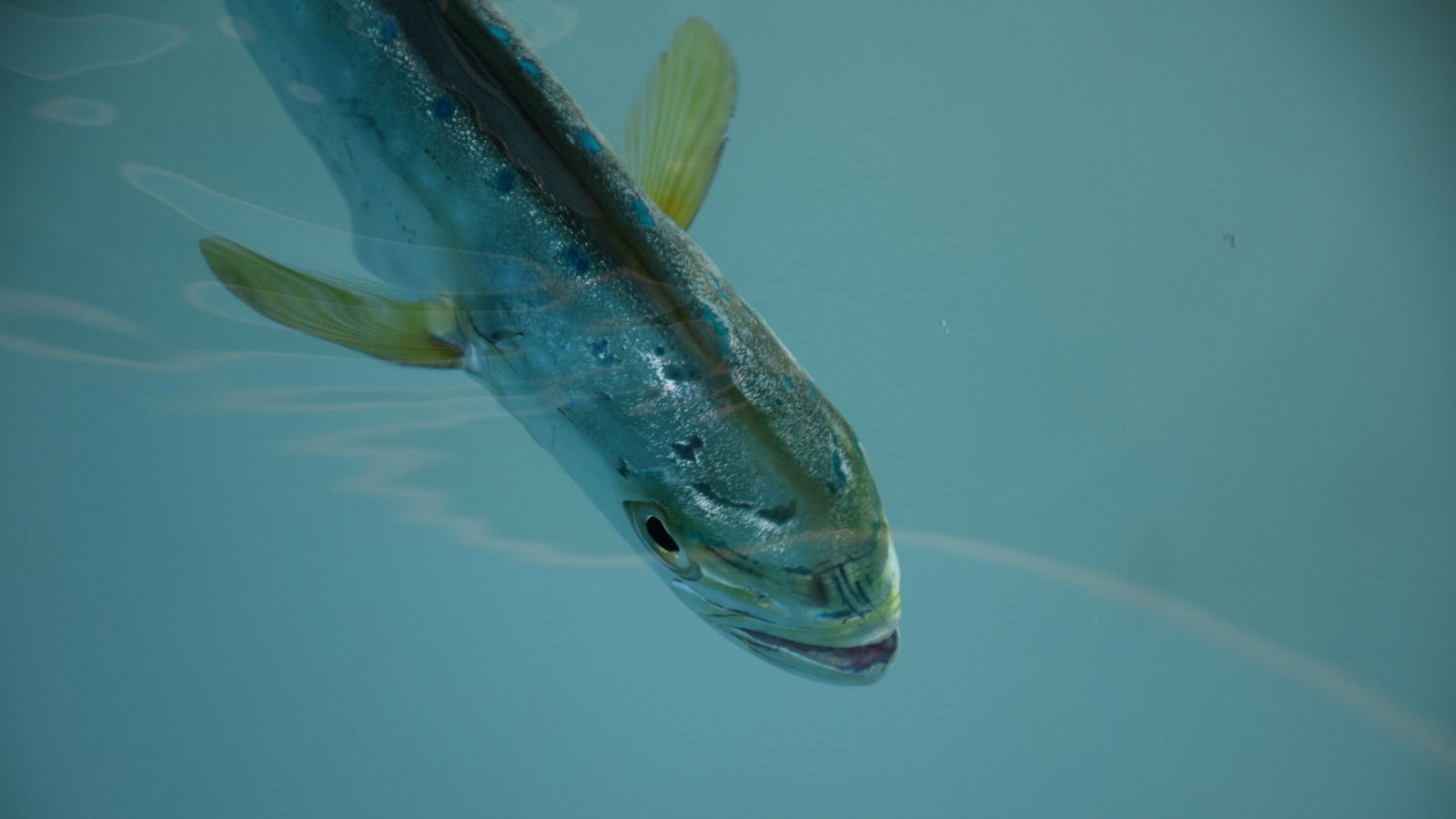Deepwater Horizon: Weathered Oil Harms Fish Embryos

The three-million-barrel 2010 Deepwater Horizon oil spill contaminated the spawning habitats of many fish in the Gulf of Mexico, and a research team at the University of California, Riverside, has now found that ultraviolet light is changing the structure of the oil into something more toxic, further threatening numerous commercially and ecologically important fish.
For their experiments, the team collected Mahi off the coast of Miami and exposed embryos to two types of oil: one set of embryos was exposed to slick oil (weathered) from the spill while another set was exposed to oil that came from the source of the spill.
The researchers carried out the experiment this way because fish in the northern Gulf of Mexico had been exposed during the spill to both types of oil. Their study attempted to understand which of the two oils – slick oil or source oil – is worse for the fish and how oil affects development.
The researchers exposed the fish embryos to the oils at three different time points: 24 hour post fertilization, 48 hour post fertilization, and 96 hour post fertilization. Then, they evaluated the toxicity and heart functions in animals using the embryos’ gene expression to predict biochemical, cellular and tissue targets where the oil was causing an effect. The team found that the heart, eye and neurological function were affected.
“Ours is the first experiment evaluating the effects of Deepwater Horizon oil on the genetic responses of Mahi embryos and larvae,” said project leader Professor Daniel Schlenk. “Previous studies have shown that the heart is the primary target for oil. Our study shows that in addition to heart function, risk and recovery should also examine eye and neuronal function.”
Schlenk believes that it is imperative for environmental scientists to understand how contaminants cause toxicity so that uncertainties in risk assessments can be diminished.
“By understanding how fossil fuels cause toxicity we can have a better understanding of the risks associated with these contaminants and determine regulatory or management strategies that reduce risks of these substances,” he said.
“To this day, we remain uncertain of the magnitude of the Deepwater Horizon oil spill effects, particularly in sensitive life stages of fish,” says Schlenk. “We are also uncertain of whether biota exposed to the oil can recover, or have recovered, from this event. And we are still uncertain about how compounds present in oil or any other combustion byproduct or fossil fuel cause toxicity.”
